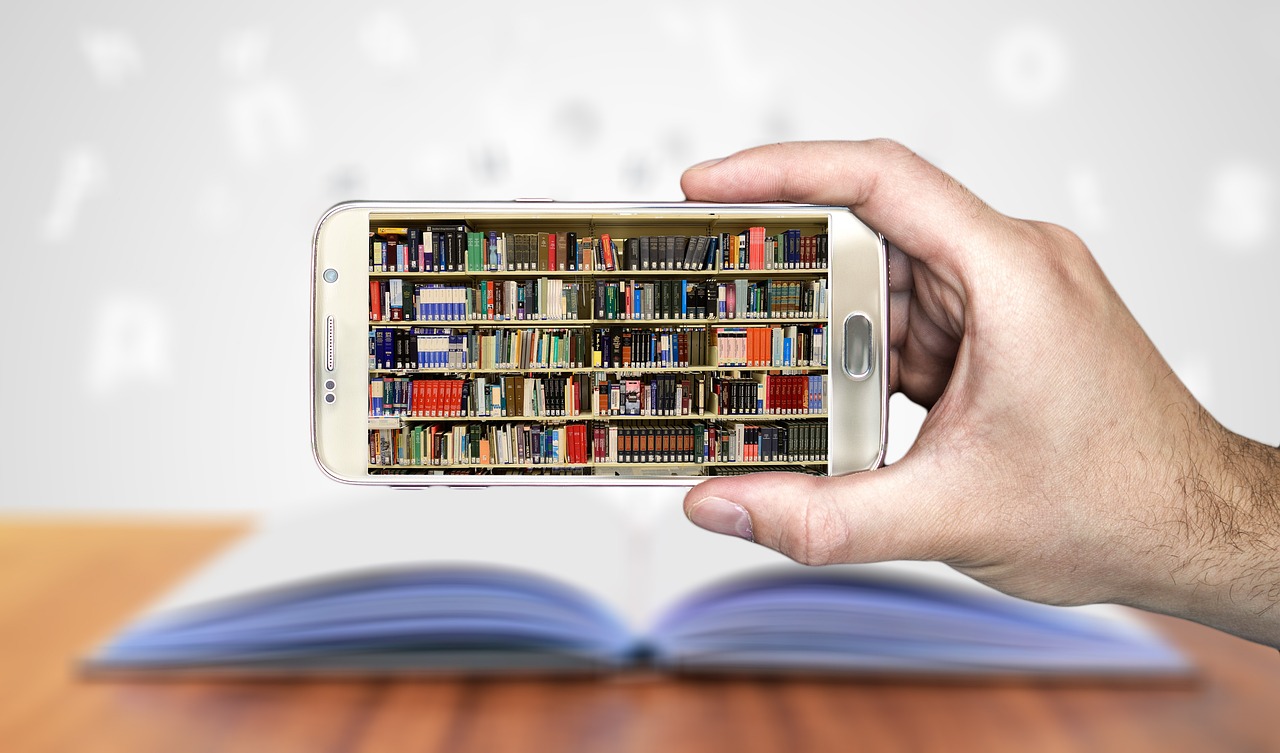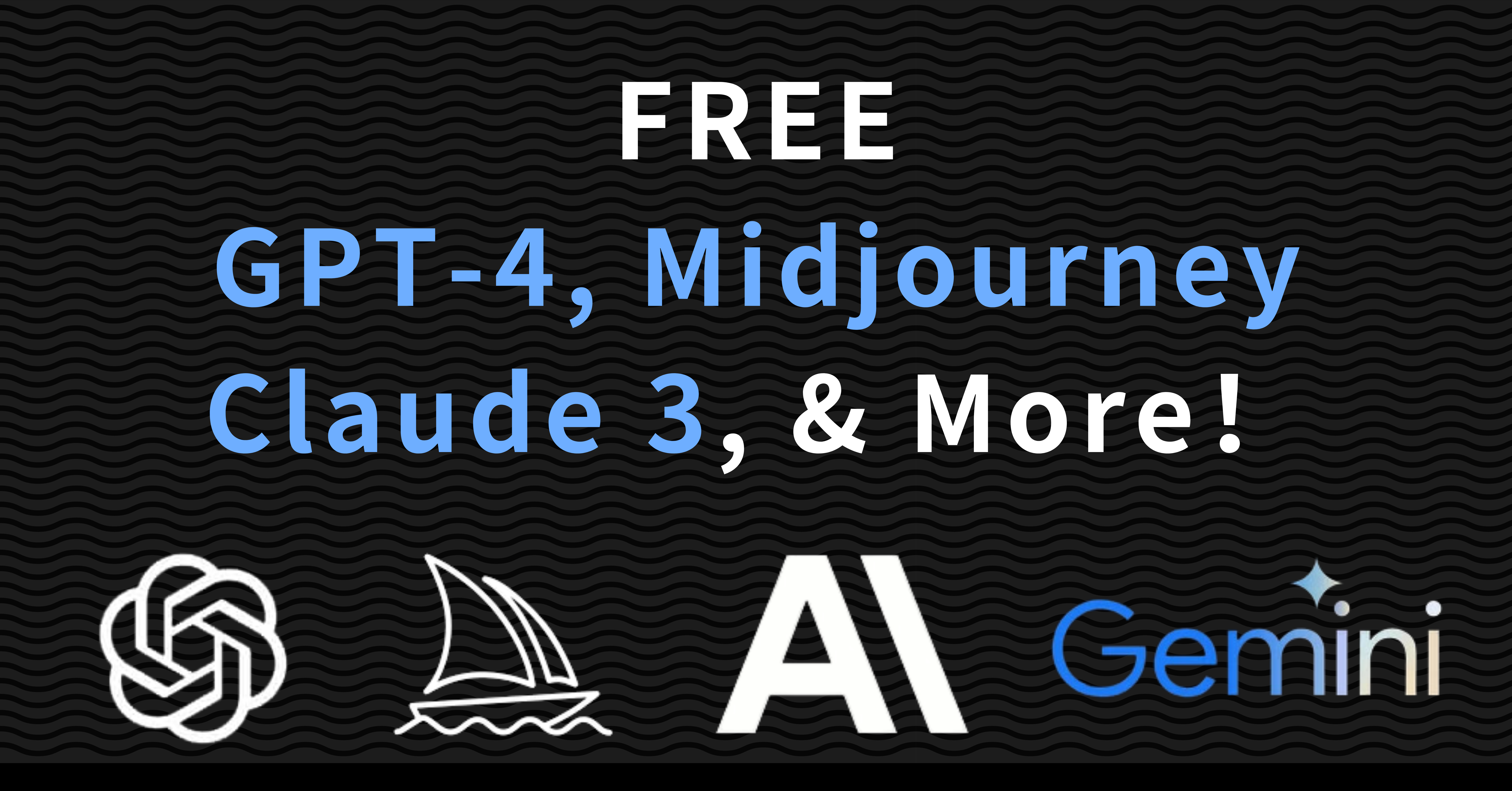Transforming AI Interactions: The Critical Role of GPT-4 Prompt Libraries

The Genesis of AI Prompt Libraries
Artificial Intelligence has progressively permeated various aspects of our daily lives, from simplifying mundane tasks to enhancing complex decision-making processes. At the core of this technological revolution is GPT-4, a sophisticated AI developed by OpenAI, which relies heavily on well-structured prompts to deliver precise and contextually appropriate responses. Prompt libraries, therefore, emerge as pivotal tools in harnessing and directing the capabilities of AI like never before. This article delves into the intricacies of GPT-4 prompt libraries, illustrating their utility and transformative potential across various industries.
Mastering GPT-4: The Importance of Precision in Prompts
GPT-4 is not just an incremental update to its predecessors; it represents a significant leap in AI's ability to understand and generate human-like text. This advanced model benefits immensely from prompt libraries, which provide a structured way to interact with the AI, ensuring that the communication is both efficient and effective. Structured prompts mitigate common issues like misinterpretations or irrelevant responses, which are often the result of vague or poorly constructed inputs.
Anatomy of Prompt Libraries
A prompt library consists of carefully curated prompts designed to elicit specific responses from an AI. These libraries are organized into categories based on use cases, complexity, and expected outcomes. For instance, a prompt library might include categories for customer service, content creation, or technical support, each with subsets of prompts tailored to specific scenarios within these broad areas.
GlobalGPT: Leading Innovation in Prompt Libraries
GlobalGPT stands out by integrating a comprehensive prompt library with the technical prowess of GPT-4. This platform not only provides users with pre-built prompts but also offers tools for customizing prompts based on unique requirements. The integration of a vast database of prompt examples ensures that users can achieve highly specific and relevant outputs, making GlobalGPT a frontrunner in enhancing user experience with GPT-4.
For example, GlobalGPT’s prompt library includes a range of templates that assist users in generating creative content, solving complex coding problems, or managing customer service interactions. This not only saves time but also improves the quality of interactions with AI, as seen in various user testimonials and case studies.

Pay-as-You-Go:
Top Up from Just $1 Balance Never Expires
All-in-One: Access All Models in One Place
AI Total Data Privacy
Unlimited Usage Limitation
Accepts Fiat and Crypto Payments
Comparative Analysis: A Look at Diverse Prompt Libraries
While GlobalGPT is a prominent example, other platforms also offer unique approaches to prompt libraries. For instance, NeuralWriter and Feedough provide specialized tools that cater to specific niches like marketing and creative writing. These platforms show how diverse the applications of GPT-4 can be when coupled with well-designed prompt libraries.
Crafting Your Own Prompt Library
Building a personal prompt library can significantly enhance how you interact with GPT-4. The process involves identifying frequent tasks you wish to automate or streamline and then developing prompts that accurately address these needs. Resources like online tutorials, AI forums, and professional guides can provide valuable insights and templates to start with.
The Future of Prompt Engineering
As AI technology continues to evolve, the field of prompt engineering is set to grow in importance. Future advancements might include more adaptive AI models that can update their responses based on user feedback, further refining the effectiveness of prompt libraries. The ongoing development of these tools will likely usher in new ways of interacting with AI, making it more intuitive and helpful in everyday scenarios.
Pioneering AI Communication: The Expanding Horizons of GPT-4 Prompt Libraries
The potential of GPT-4 prompt libraries extends beyond typical use cases. Innovators are exploring their applications in fields like education, where they can customize learning experiences, or in mental health, where they provide therapeutic communication. These pioneering efforts highlight the versatility of prompt libraries in adapting AI technologies to meet diverse human needs.
Harnessing the Strategic Advantage of Prompt Libraries
In sum, GPT-4 prompt libraries are more than just a technical enhancement; they are strategic tools that transform how we interact with AI, bringing more accuracy, efficiency, and creativity to digital communications. As these libraries evolve, they promise to keep pace with advancements in AI, continually improving the user experience and expanding the possibilities of what AI can achieve.
See Also
Free Mastery of Claude 3 Opus: An In-Depth Manual
Free Access to GPT-4: A Detailed Tutorial
AI Empowerment: Unleashing the Potential of ChatGPT
